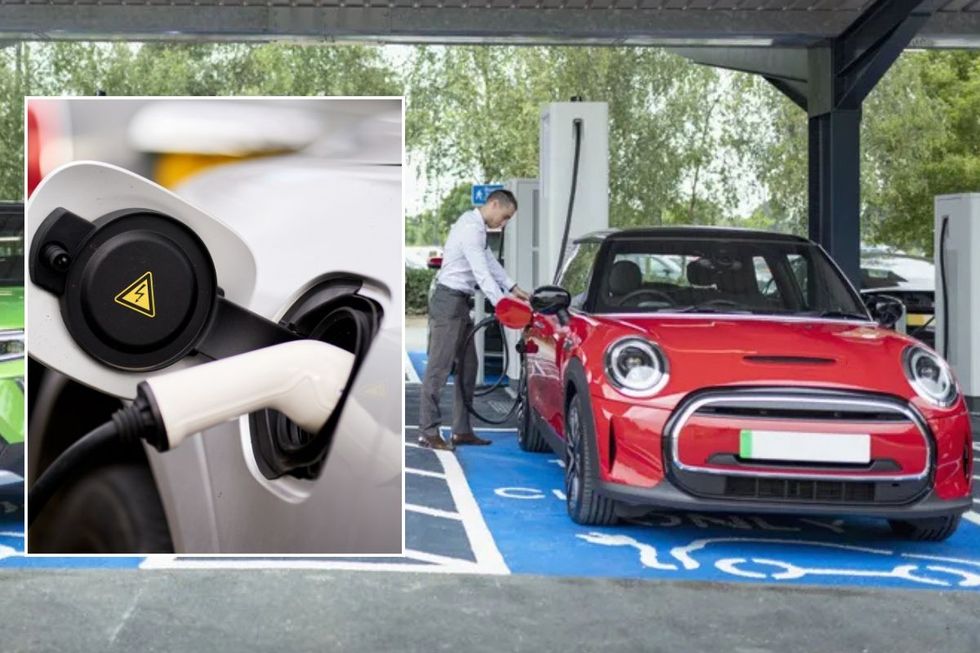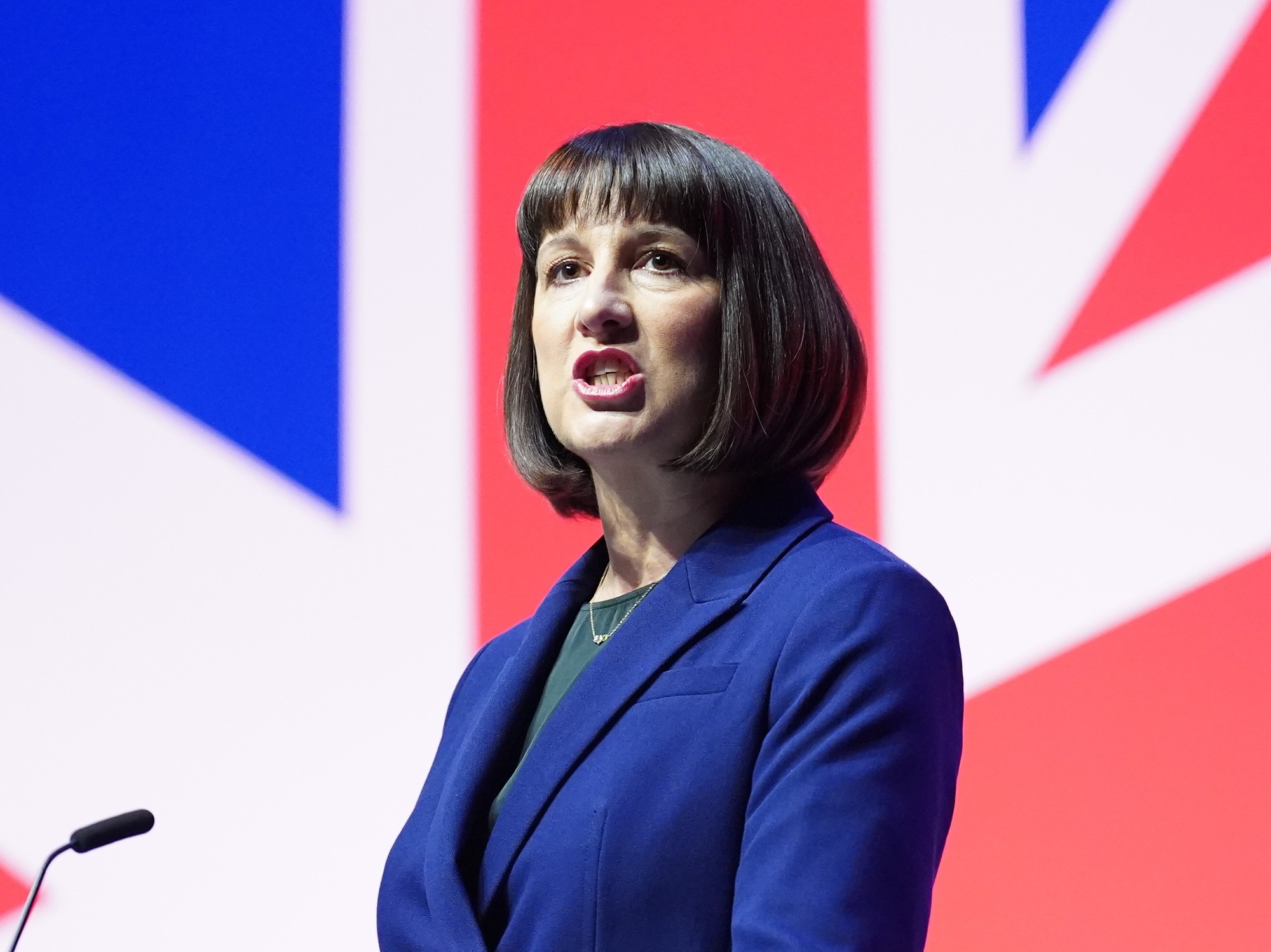WATCH: Rachel Reeves says she will continue to support the purchasing of electric vehicles
GB NEWS
There are more than 1.3 million electric vehicles on UK roads
Don't Miss
Most Read
Trending on GB News
The UK has reached a significant electric vehicle milestone, with more than 1.3 million EVs now on UK roads as drivers begin to favour greener vehicles.
It follows new data from the Society of Motor Manufacturers and Traders (SMMT), which revealed a dramatic 38.9 per cent year-on-year increase in battery electric vehicles, "breaking the million motor milestone."
This surge in electric vehicle adoption comes as manufacturer discounting has driven up demand for battery electric cars.
The achievement represents a major step forward in Britain's transition to greener transport, with electric vehicles now comprising 3.7 per cent of all cars in use across the country, up a full percentage point from 2023.
Do you have a story you'd like to share? Get in touch by emailingmotoring@gbnews.uk

More than one million electric vehicles are now present on UK roads
GETTYVehicle ownership in the UK has reached an all-time high, with a record 42 million vehicles on UK roads in 2024, rising by 1.4 per cent, according to SMMT data. The number of cars in use grew by 1.3 per cent to 36,165,401 units, marking the third consecutive year of growth.
This increase reflects the buoyant new car market, which saw 1.953 million new cars registered in 2024, with battery electric vehicles making up 19.6 per cent of the market.
Van use also reached record levels, up 1.8 per cent to over 5.1 million units, with more than one million added to British roads since 2015.
Britain's vehicle parc continues to decarbonise, with a 34.6 per cent increase in plug-in vehicles now accounting for one in 20 (5.1 per cent), or 2,157,360, vehicles in use.
Conventionally fuelled cars remained dominant, however, with petrol cars rising by one per cent to 21 million, maintaining a 58.2 per cent market share.
But diesel volumes fell by 4.4 per cent to 11.6 million, marking the fuel type's fifth straight year of decline. The proliferation of newer low and zero emission technologies has led to a reduction in average car CO2, which dropped by 1.6 per cent.
Company car emissions fell significantly, down 5.6 per cent, thanks to fiscal fleet incentives and manufacturer investment in an expanding range of electrified models.
Prime Minister Keir Starmer has recently addressed the key barriers preventing wider electric vehicle adoption across Britain.
Speaking at a Commons Liaison Committee meeting, the Prime Minister identified two critical factors influencing consumer decisions about switching to electric vehicles.
"The two things that impact people most in their decision whether to swap to an electric vehicle or not are first, the crossover price at the point at which it's as cheap to buy an electric vehicle as it is to buy diesel or petrol vehicle," Starmer told the committee.
He noted this price parity is expected in the "late 2020s" and represents "the upfront cost of buying in the first place." "The second is an anxiety about charging points," the Prime Minister added.
Starmer acknowledged the geographic disparities in charging infrastructure across the UK, a significant concern for potential EV adopters.
LATEST DEVELOPMENTS:
The Prime Minister confirmed that the Government has "put more money behind the infrastructure for charge points to a point where there ought to be one being built every half an hour."
Addressing concerns about charging accessibility for those without home charging capabilities, Starmer said: "I want to make sure that any of the money that then comes available is paid into a fund that deals with things like infrastructure in this country."
He emphasised that infrastructure remains "where the pinch point is." The Government's recent changes to the Zero Emission Vehicle mandate maintain the 2030 phase-out deadline for new petrol and diesel cars while offering greater flexibility for manufacturers.








